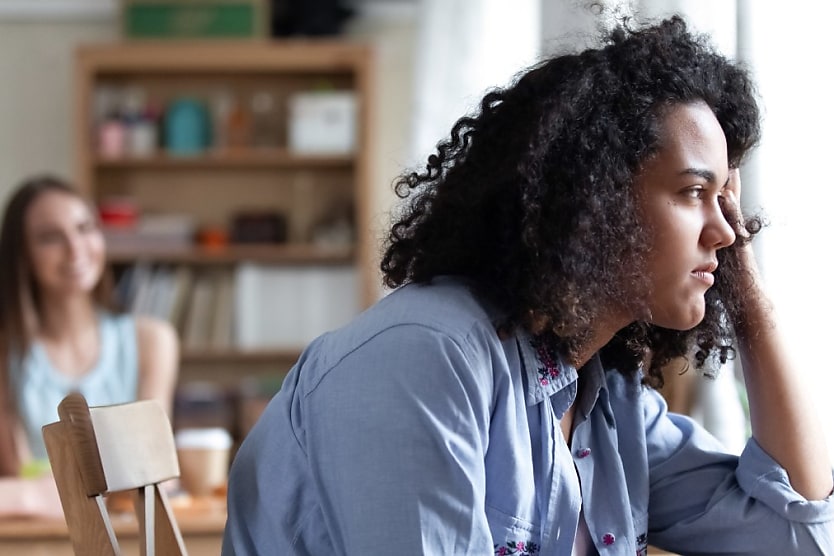Intersectionality can lead to exclusion on International Women’s Day
SHARE THIS ARTICLE

International Women’s Day (8 March) has come and gone. Reflecting on this important occasion, it’s noteworthy to recognise the exclusion that can arise for women with intersecting identities.
More Voices, More Representation surveyed 202 women, transgender, gender-diverse, and non-binary people on the topic of International Women’s Day (IWD). Of the respondents, 59 per cent felt they were not represented.
“Amplifying underrepresented voices on International Women’s Day is essential to driving social change. The dominant narrative of highly successful upper-middle-class women often fails to reflect the experiences of everyday women. This is likely why More Voices More Representation’s 2023 survey found that seven in 10 Australian women do not feel represented by International Women’s Day,” said Jemi Jeng, founder of Penny.
Representation can be a powerful tool for inciting change and must be championed through IWD celebrations. This is a day for all women to feel appreciated, and it should be celebrated as such.
Marjorie Tenchavez, founder and director of Welcome Merchant, commented on the issue: “I’ve been working in the refugee advocacy space for a while now and have seen many trials and tribulations as well as achievements along the way. Representation truly matters, and I hope to encourage more young people of colour, especially girls, to follow their passion and not conform to societal norms.”
Of the respondents, the proportion who felt excluded from IWD celebrations were:
- One hundred per cent of Aboriginal and Torres Strait Islander women.
- Eighty-three per cent of women of colour.
- Eighty-three per cent of black women.
- Sixty-eight per cent of culturally and linguistically diverse (CALD) women.
- Sixty-seven per cent of immigrant and refugee women.
- Seventy-nine per cent of people with a disability.
- Seventy-one per cent of people from the LGBTI.
- Fifty-one per cent of people over 55 years old.
Tara Croker, founder of Yaala Sparkling, encouraged the championing of diversity: “When we include intersectional voices on IWD, we move beyond a one-size-fits-all approach to gender equality and acknowledge the diversity of women’s experiences. This is important for creating a world where all women have the opportunity to thrive.”
Moving forward, respondents outlined some ways the celebration can be more inclusive for women of all backgrounds:
- Nineteen per cent said corporate and political organisations need to lead by example by showing greater representation in their leadership teams.
- Nineteen per cent suggested that IWD events need to empower participation on panels and at events by paying Indigenous, black, women of colour, and non-binary folk for their labour, time, and expertise.
- Eighteen per cent said there should be a more diverse representation of women at events, panels, or in the media.
- Seventeen per cent said we need to bring together women with lived experience to shed light on the issues that women face, especially women with intersectional identities.
Embracing diversity and creating a truly inclusive celebration of women can help to drive home a more powerful message.
“Championing intersectional voices on International Women’s Day is essential for building a truly inclusive and just society. By acknowledging and uplifting the voices of women who often go unheard, we can create a space where all women feel seen, heard, and valued,” commented Brenda Gaddi, founder and managing director of Women of Colour Australia (WoCA).
Lisa Annese, Diversity Council Australia’s chief executive, agrees that more work needs to be done to assist those with intersecting identities.
“Centring voice is so much more than consultation or tokenism; it’s a crucial process that ensures your work is informed by lived experience,” she explained.
“[We’re] calling on organisations to educate themselves on the importance of centring voice. We know that by centring CARM (culturally and racially marginalised) women’s voices and lived experiences, we can devise more effective strategies to dismantle the systemic barrier they face.”
Jack Campbell
Jack is the editor at HR Leader.

